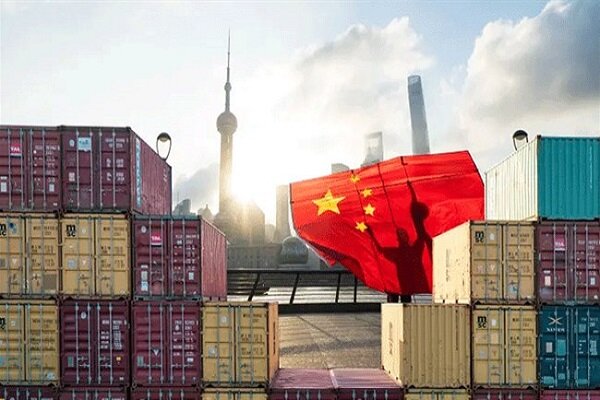
Similar Posts
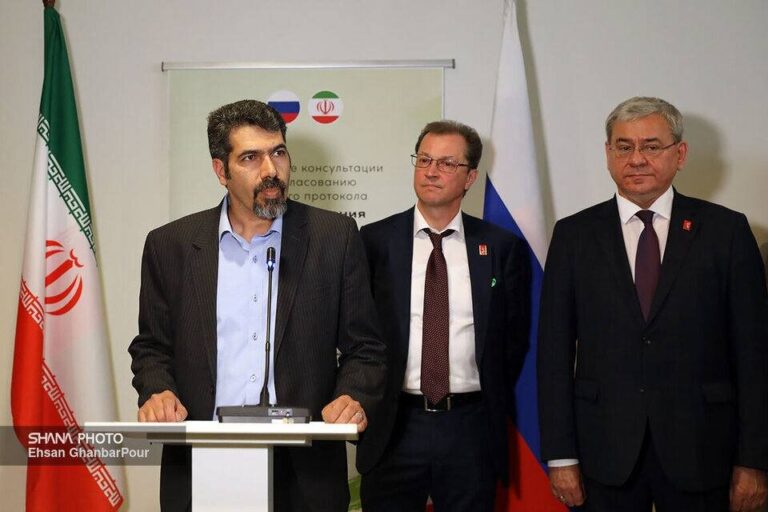
Iran and Russia Strengthen Oil Sector Cooperation: Insights from Director General
Iran and Russia are strengthening their gas trade and petrochemical cooperation through the Iran-Russia Joint Economic Cooperation Commission. Officials emphasize the importance of this partnership in enhancing energy collaboration, particularly in key areas such as upstream oil and gas industries, the swift implementation of the Iran-Gazprom MoU, and gas hub development. Joint ventures in the petrochemical sector are also expected to bolster economic ties and foster technological exchange. This cooperation aims to enhance energy security, regional stability, and market presence for both nations, positioning them as significant players in the global energy landscape.
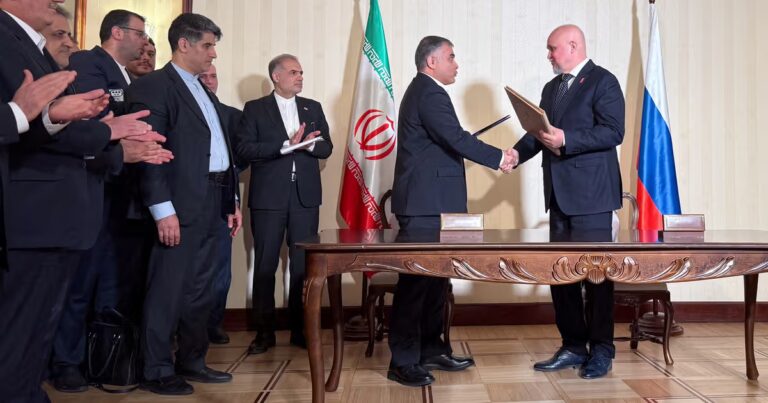
Iran Secures $4 Billion Oil Development Deal with Russian Firms, Minister Announces
Iran has signed four agreements worth $4 billion with Russian firms for the development of seven oil fields, announced by Oil Minister Mohsen Paknejad during a visit to Moscow. These deals aim to enhance strategic cooperation in energy, finance, and agriculture following a recent long-term cooperation treaty. Paknejad highlighted the potential for bilateral trade exceeding $5 billion and revealed plans for a new nuclear power plant funded by Moscow. Discussions on importing natural gas from Russia are also advancing. The partnerships emerge as both nations seek to strengthen ties amid increasing Western sanctions, emphasizing their mutual interests.
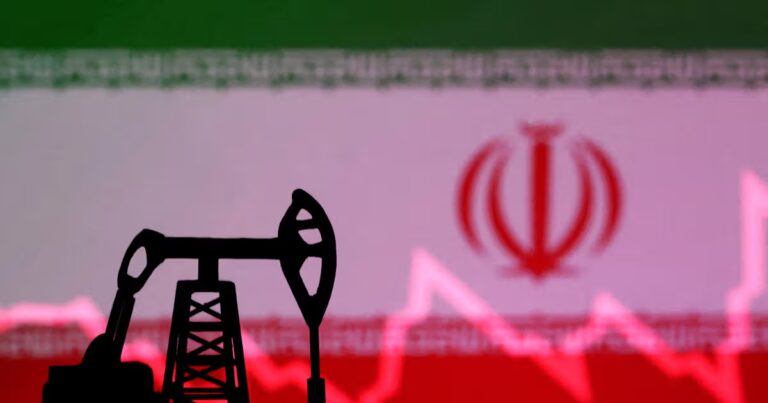
Ex-Banker Reveals Non-Oil Sanctions Impose $500 Annual Burden on Every Iranian
International sanctions have severely impacted the Iranian economy, costing each citizen around 530 million rials ($500) annually, particularly in the non-oil trade sector, according to former Central Bank Governor Mohammad Hossein Adeli. Traders incur a 10% to 20% markup on goods due to sanctions, often using shell companies to disguise import origins, inflating prices by nearly 30%. Iran’s foreign trade volume is about $150 billion for the 2023-2024 fiscal year, with sanctions-evasion costs potentially reaching $50 billion. Additionally, a projected $13.5 billion loss in oil export revenue further exacerbates the economic strain on families, highlighting the urgent need for reforms.
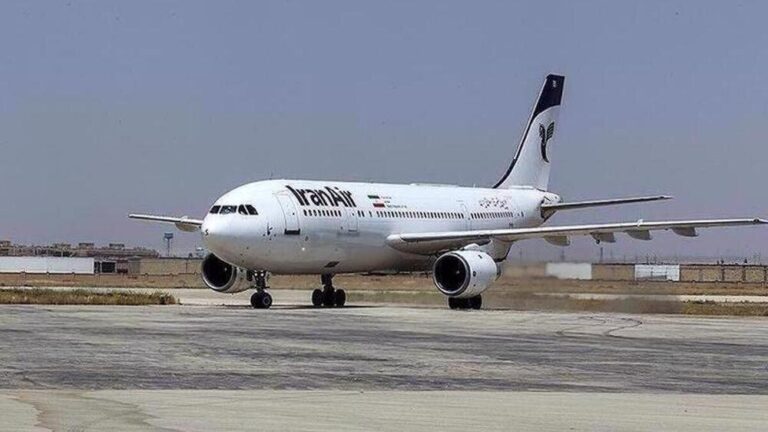
Iran’s Airports See 6% Surge in Passenger Traffic Ahead of March
Iran’s aviation sector has shown significant growth, with over 40.75 million passengers processed in the year leading to March 20, marking a 6% increase from the previous year. CEO Mohammad Amirani reported over 0.359 million flights across 64 airports, an 8% rise, despite ongoing U.S. and European sanctions. Domestic passenger traffic rose by more than 5% to 36.83 million, while international traffic surged 21% to 3.19 million. Tehran’s Mehrabad Airport was the busiest, handling 13.75 million passengers. This growth reflects resilience in the face of challenges and indicates a positive trend for Iran’s aviation industry, crucial for economic growth and tourism.
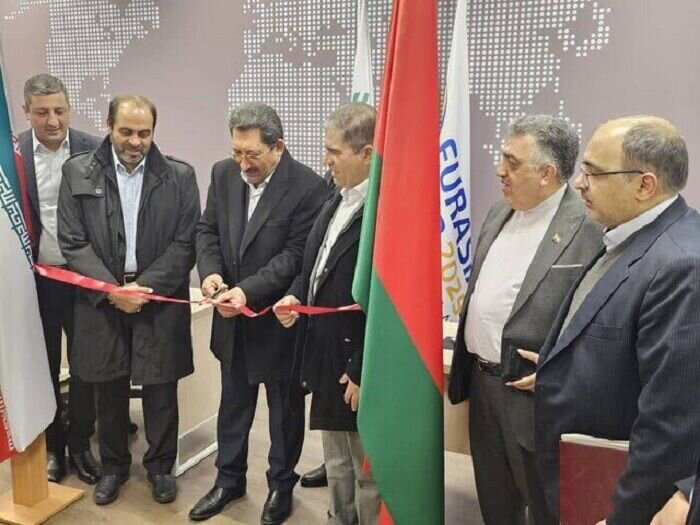
Iran Launches New Trade Center in Minsk, Boosting Economic Ties with Belarus
Iran’s Minister of Industry and the Chief of the Trade Promotion Organization convened an expert meeting to enhance trade with Belarus. Key proposals included improving trade facilitation, conducting market research on in-demand products, developing logistics solutions, establishing favorable financial mechanisms, and simplifying regulations. The discussions emphasized collaboration to address challenges such as regulatory barriers, logistical issues, and market competition. Strengthening ties with Belarus is vital for diversifying export markets, increasing revenue, and fostering strategic partnerships. The proactive approach aims to create a robust economic relationship, positioning Iranian businesses for success in the Belarusian market.
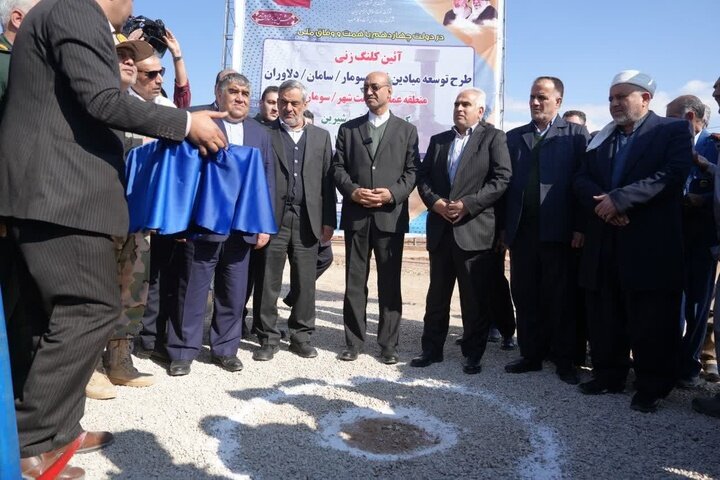
Oil Production Set to Soar by 10,000 BPD with New Developments in Three Key Oilfields
Iran has launched an oilfield development project in Naft-Shahr, aiming to boost national oil production by 10,000 barrels per day, backed by a $240 million private investment. The initiative, officially commenced by key officials, focuses on revitalizing the underdeveloped region, enhancing economic and social welfare for local communities. It promises job creation, infrastructure improvements, and increased local revenue, contributing to better living standards. The project also emphasizes security and stability, aligning with national goals to leverage Iran’s natural resources for growth. This development represents a significant milestone for both the local economy and the national oil sector.